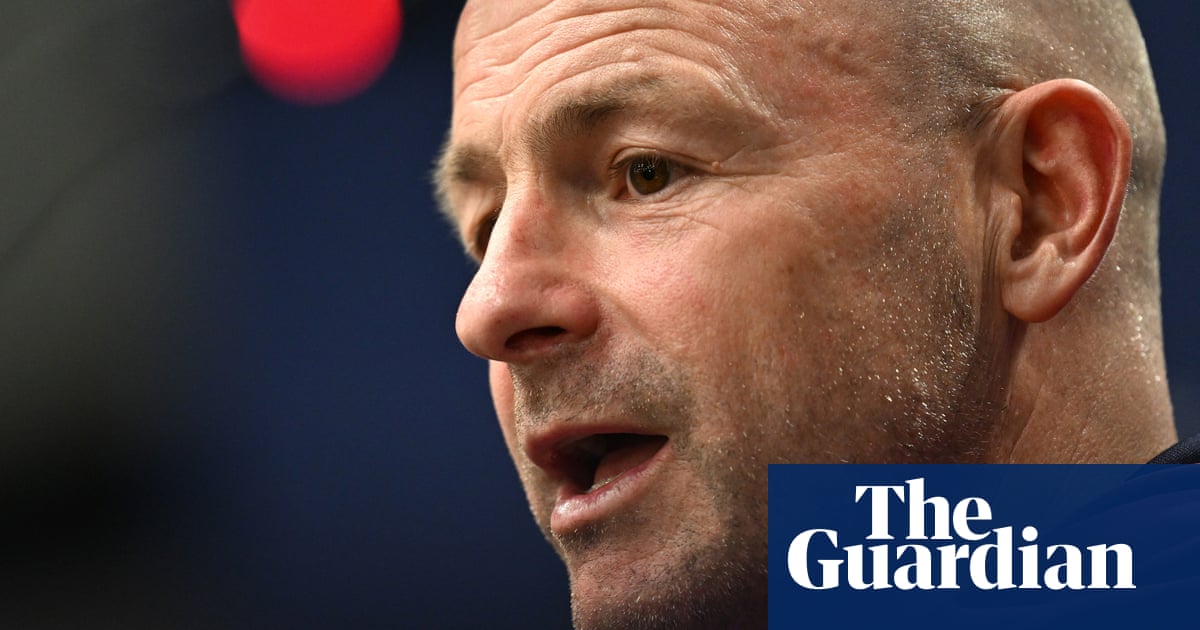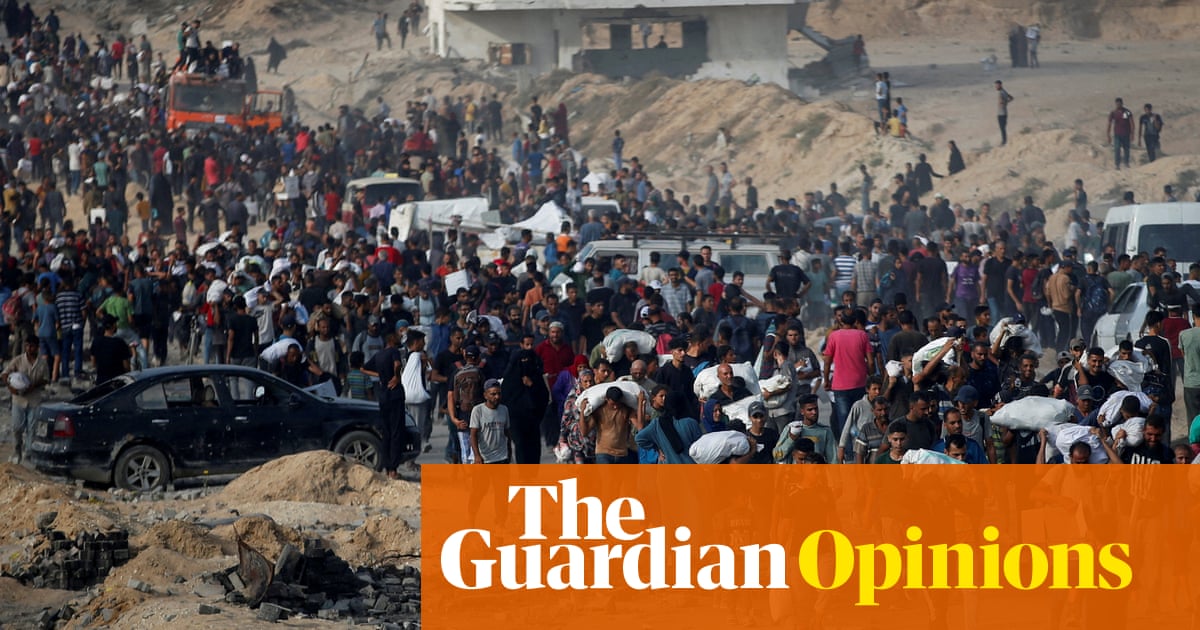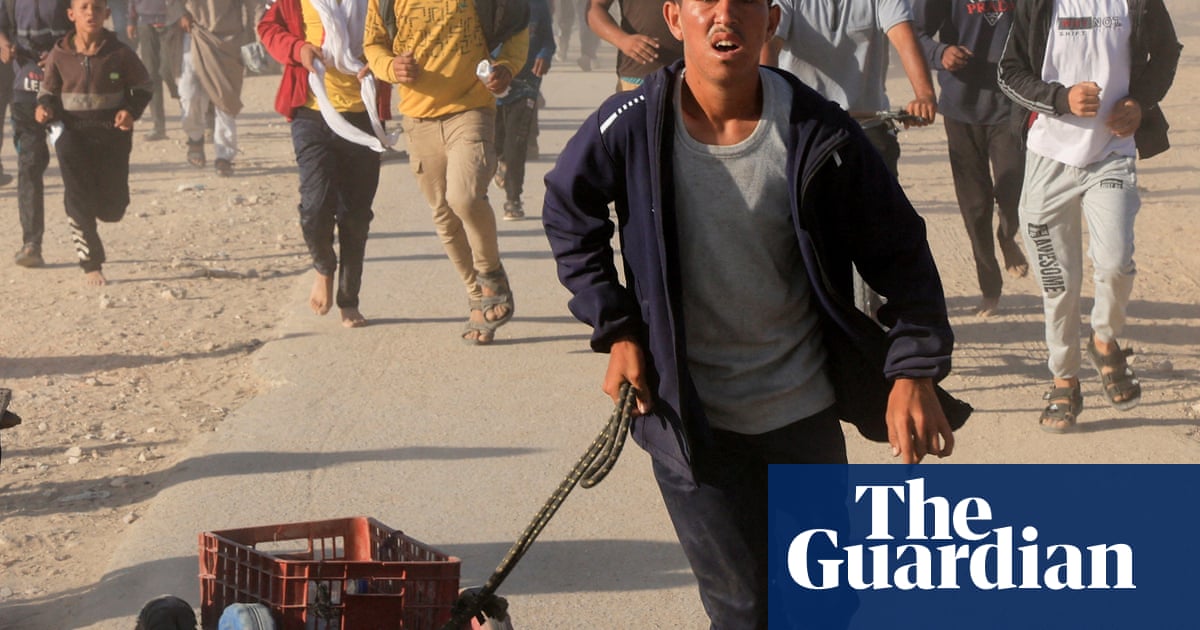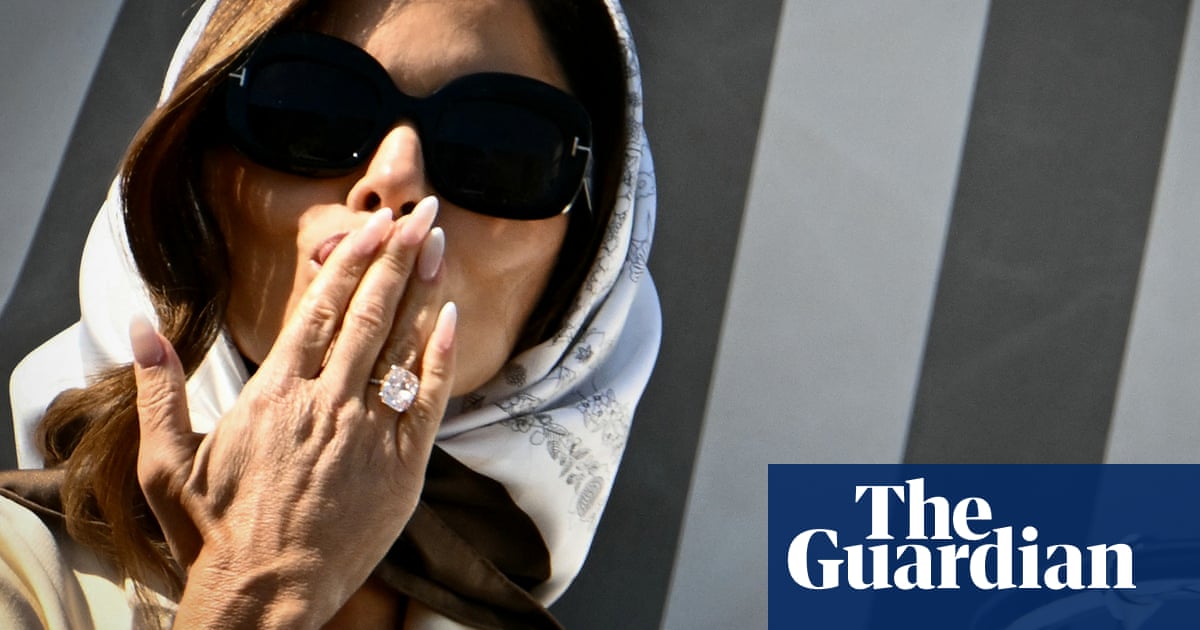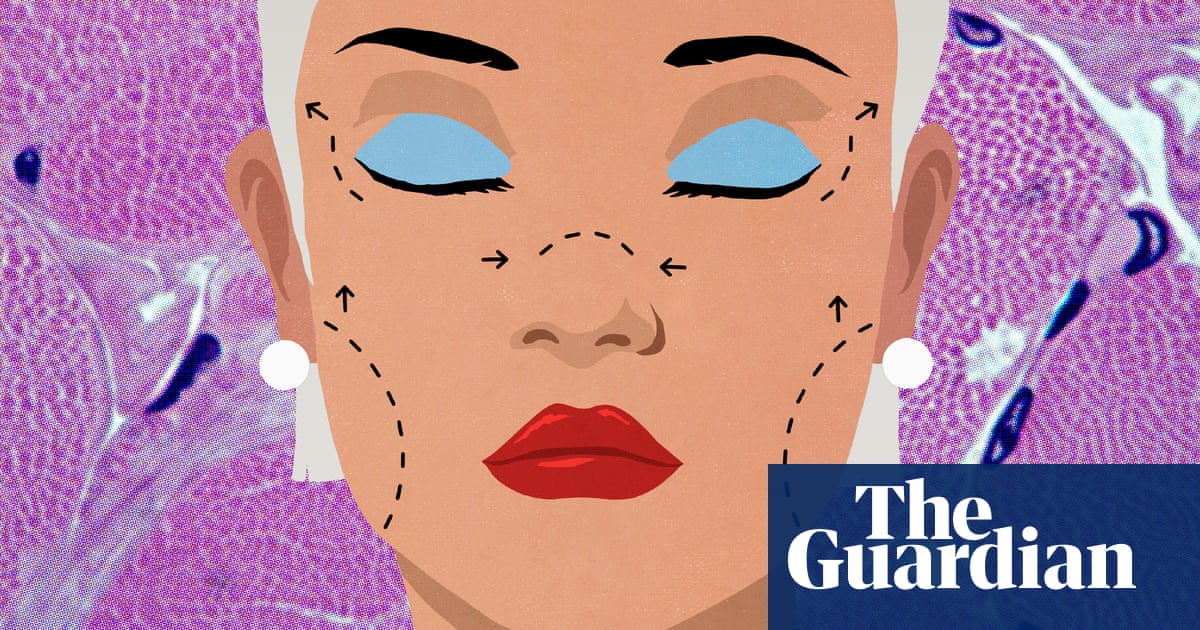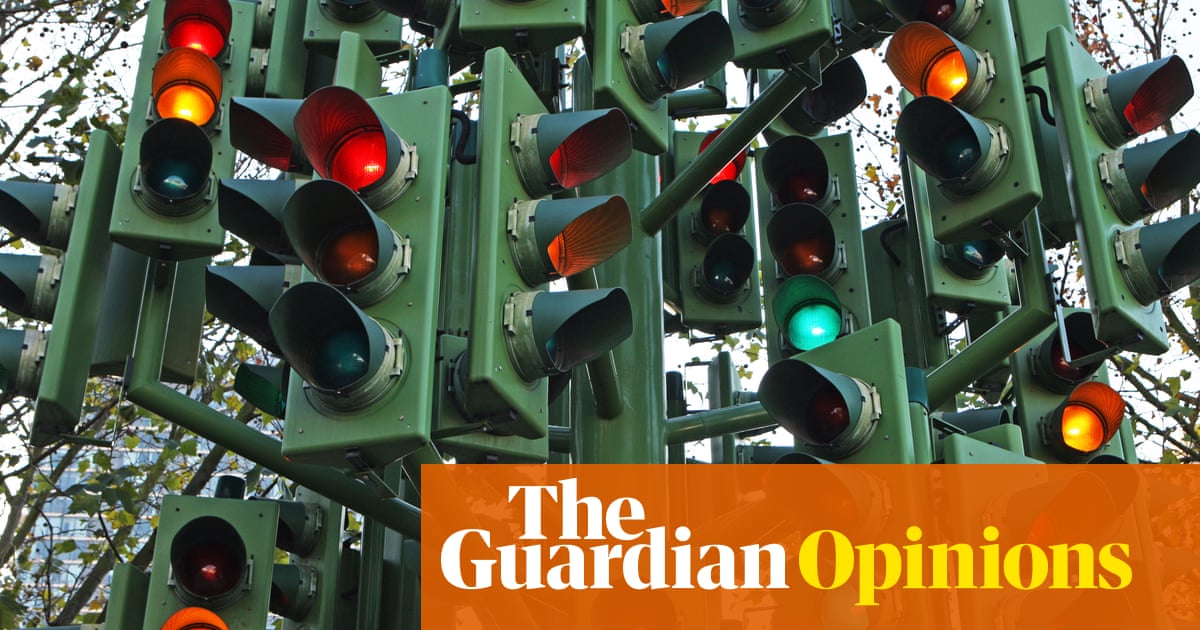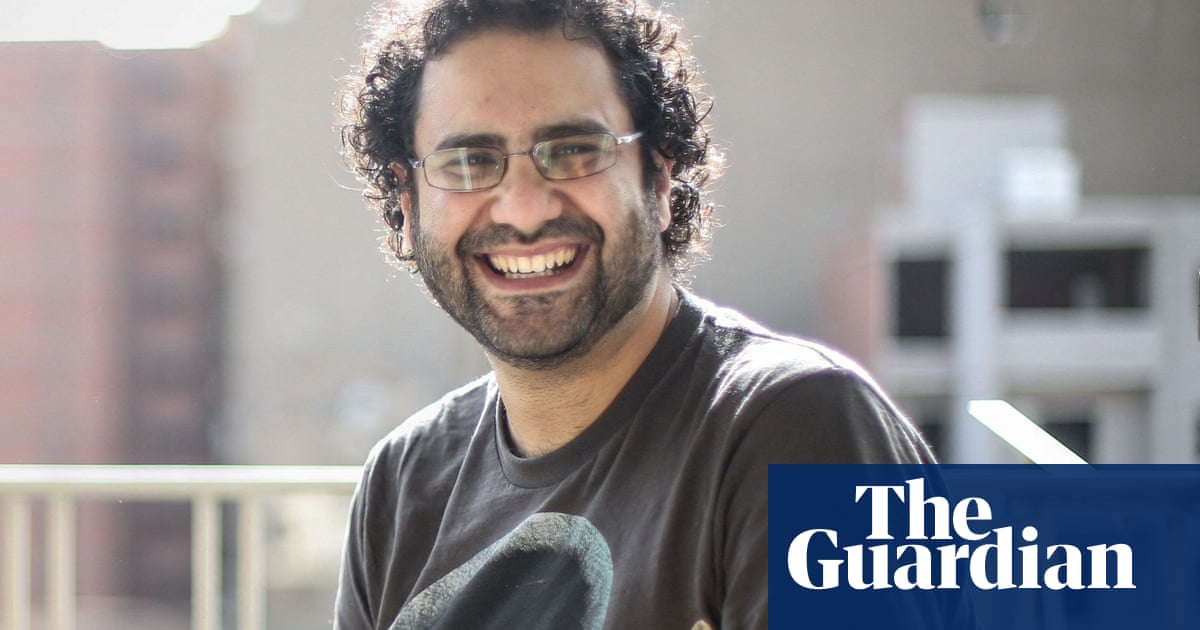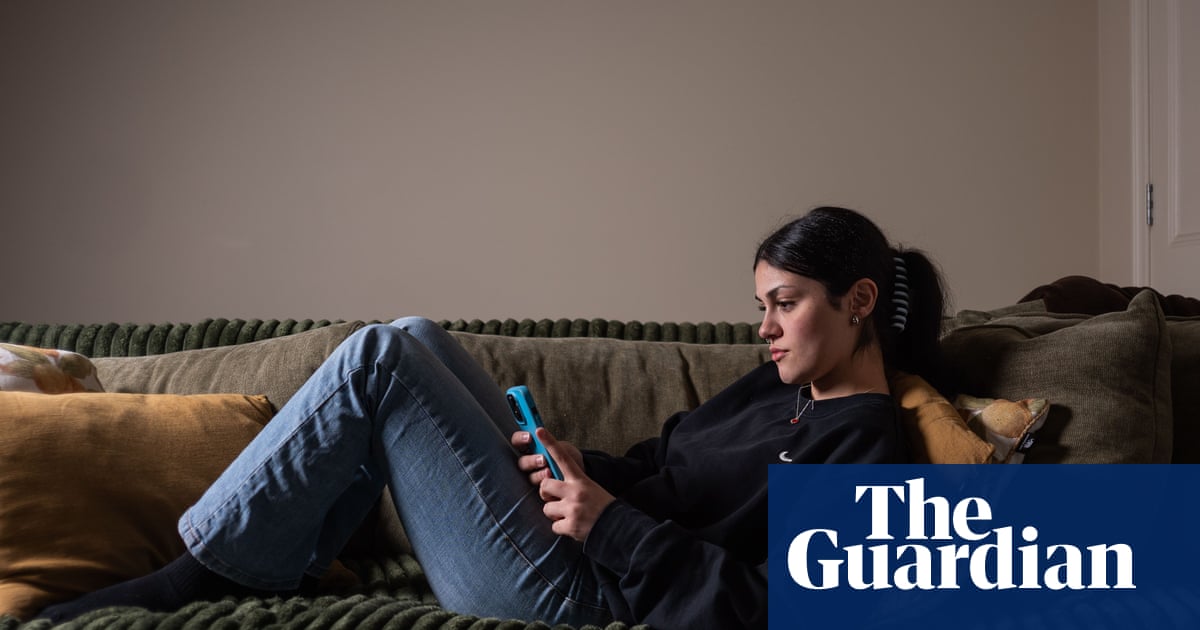Heatwaves have grown hotter and stronger as the planet has warmed, making what doctors call a “silent killer” even more dangerous. How worried should we be about heat – and how can we stay safe as the climate changes?
How many people die from heat?
Hot weather kills an estimated half a million people each year. The average annual death toll is greater than that from wars or terrorism, but smaller than that from cars or air pollution.
Despite this, heat is rarely listed as the cause of death. That’s because extreme temperatures are largely indirect killers. Most heat victims die early from illnesses – such as heart, lung and kidney disease – that are made worse in warm weather.
How do heatwaves hurt your health?
High heat stresses the human body. When days are too hot to function and nights are not cool enough to recover, the heart and kidneys go into overdrive working to keep the body cool.
There are also secondary health effects from high heat. Heatwaves lead to more accidents, dirtier air, bigger wildfires and more frequent blackouts, all of which can increase the burden on health systems.
Who is most at risk from extreme heat?
People who are forced to be outdoors in scorching weather – builders, farmers, rough sleepers – are most likely to suffer from heat exhaustion and the heatstroke that can follow.
But older people, and particularly those with underlying illnesses, make up the bulk of heat-related deaths. Women are more likely to die from heat-related causes than men. Poorer people – who are less likely to have air conditioning, well-insulated homes, or access to green spaces – are also at greater risk.
Why does humidity make it feel hotter?
Sweat is the body’s best defence against heat, lowering internal temperatures as it evaporates. But when humidity is high and the air hot and sticky, the body struggles to cool down because sweat clings to the skin. The effect this has on perceived temperatures can be several degrees Celsius, enough to spell the difference between life and death.
Why are heatwaves getting hotter?
More than a century’s worth of fossil fuel pollution has clogged the atmosphere, trapping sunlight and heating the whole planet. Average global temperatures have risen by about 1.3C since preindustrial times – and land temperatures by even more – which has pushed the baseline higher and made punishing extremes far more common.
There is also some evidence that climate change is making heatwaves worse by weakening the jet stream. Scientists think this is increasing the occurrence of heat domes, areas of high pressure and heat that get stuck over a region for days or even weeks.
Won’t climate change mean fewer people die from cold?
Cold weather kills far more people than hot weather today, even in warm regions such as sub-Saharan Africa and south Asia. But as temperatures rise, the number of deaths from heat is projected to grow much faster than the number of lives saved from milder cold. When scientists modelled this in 854 European cities, they found a net increase in temperature-related deaths under all emissions scenarios, even accounting for how people adapt.
How can we adapt to heatwaves?
Cutting fossil fuel pollution is the biggest step that can be taken to stop heatwaves from getting even hotter, along with protecting forests and wetlands that suck carbon dioxide out of the atmosphere.
Urban planners have also called for redesigning cities so they have less concrete and fewer cars, and more parks and water. This can negate the urban heat island effect, which makes cities hotter than their rural surroundings.
Buildings with air conditioning or passive cooling can also bring down death tolls, as can strong healthcare systems and swift emergency warnings.
How can I stay safe in a heatwave?
The simplest advice is to stay out of the heat: avoid going outside during the hottest parts of the day, and stay in the shade if you have to. To keep your home cool, close windows during the day and open them after dark, when outdoor temperatures fall below inside temperatures. Cover windows with blinds or curtains to block out direct sunlight.
Doctors also recommend drinking water frequently, wearing loose clothing and checking on vulnerable people in your community.

 5 hours ago
3
5 hours ago
3
